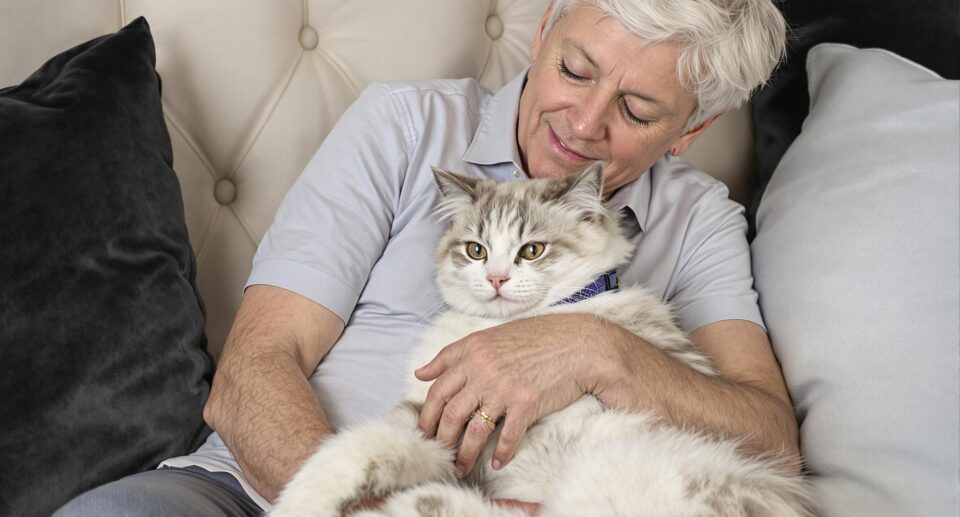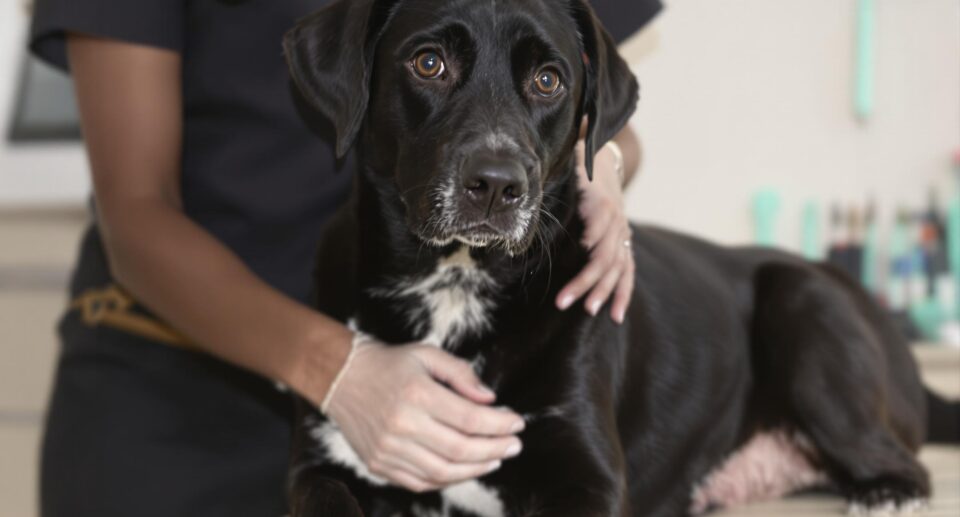Inflammatory Bowel Disease in Cats

What is inflammatory bowel disease in dogs and cats?
Inflammatory Bowel Disease (IBD) is a complex syndrome seen in dogs and cats where there is inflammation in the lining of the digestive tract leading to chronic gastrointestinal symptoms.
Key facts about inflammatory bowel disease in dogs and cats
- Inflammatory bowel disease is one of the most common causes of chronic vomiting and/or diarrhea in adult and senior pets.
- Intestinal biopsy is the definitive diagnostic test for pets with inflammatory bowel disease.
- Dietary and medical therapy with antibiotics and immune suppressive medications are often needed to control clinical signs in inflammatory bowel disease.
Which pets are most at risk for inflammatory bowel disease?
Both dogs and cats develop IBD. There is no breed or sex predilection. Inflammatory Bowel Disease typically occurs in middle aged to senior pets, however with increasing diagnostic testing, more and younger dogs and cats are being diagnosed as well.
What causes inflammatory bowel disease in dogs and cats?
There are many potential causes of IBD in pets, including poor quality nutrient processed commercial foods, as well as allergies to proteins and grains in the food. Chronic exposure to toxins including oral and/or topical pesticides also may play a role in susceptible pets. Finally, a vaccine reaction can lead to chronic inflammatory bowel changes as well. Also, with many pets, the underlying causes cannot be identified, and it is felt that there is a genetic component in most of these cases.





